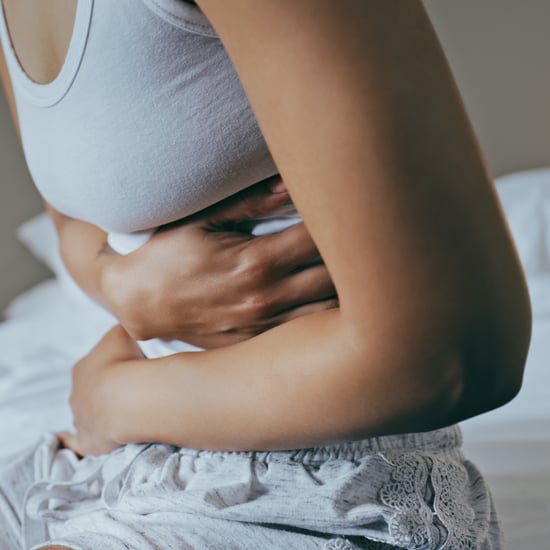How to Manage Endometriosis During Coronavirus Outbreak
Experts Have Released Guidance on Dealing With Endometriosis During the Coronavirus Outbreak

The past few months, weeks, and even days, have been an unsettling period for people across the globe due to the outbreak of the coronavirus. And for those with chronic health conditions, such as endometriosis, it can be even more distressing. Thankfully, NHS staff and leading health professionals have been working hard to answer questions and address any concerns you may have.
Endometriosis UK has teamed up with the Royal College of Obstetricians and Gynaecologists to deliver advice and put together guidance for people living with endometriosis during the COVID-19 outbreak.
Are Those With Endometriosis More at Risk of Contracting the Coronavirus?
The strongest message of reassurance is that people with endometriosis do not have an increased risk of catching the disease. "If you have endometriosis, similar to the general population, your best defence against the virus is minimising social contact and regular hand washing," Endometriosis UK advised.
Do People With Thoracic Endometriosis Have an Increased Risk of the Coronavirus?
People with thoracic endometriosis — where the tissue growth is within the chest cavity, i.e., the lungs or on the diaphragm — may be more at risk. "As COVID-19 is a respiratory tract infection, those that have pre-existing respiratory (breathing) problems are more at risk, and so it may be that if you have thoracic endometriosis you could be more at risk." Advice for those with thoracic endometriosis is similar to those who aren't at risk: minimise all social contact, wash your hands more regularly, and self-isolate.
What Implications Does COVID-19 Have on Endometriosis Care?
It's no secret that COVID-19 has — and will continue to have — a huge impact on the NHS, pushing resources and staffing to the limits. For this reason, Endometriosis UK noted that, "If you are currently receiving treatment or waiting for an appointment for your endometriosis, you are likely to experience changes, with delays or cancellations to your appointments or surgery."
The vast majority of endometriosis surgery is classified as nonurgent surgery, meaning operation dates will likely be cancelled and rescheduled in the coming months. Endometriosis UK also noted that if you are waiting for a surgery date, these waiting times will likely increase.
During this time, GPs and consultants will also be carrying out telephone appointments to ensure the safety of patients and medical professionals while still providing a level of care.
Endometriosis UK is working with the Royal College of Obstetricians and Gynaecologists to ensure that once this pandemic is over, endometriosis services are resumed as normal, rescheduling appointments as soon as possible. However, if you find that your symptoms are unmanageable during this time, you can contact 111 or your GP for further assistance. You can also call the Endometriosis UK helpline on 0808 808 2227 for support relating specifically to the disease.
POPSUGAR aims to give you the most accurate and up-to-date information about the coronavirus, but details and recommendations about this pandemic may have changed since publication. For the latest information on COVID-19, please check out resources from the WHO, the NHS, and GOV.UK.






